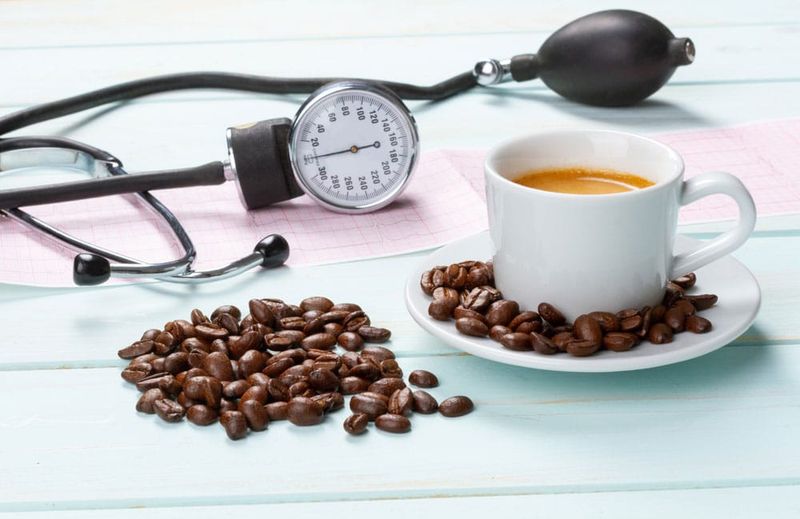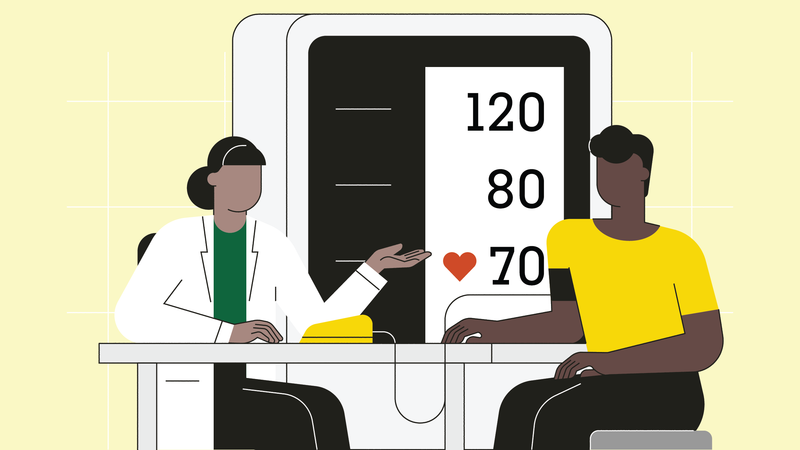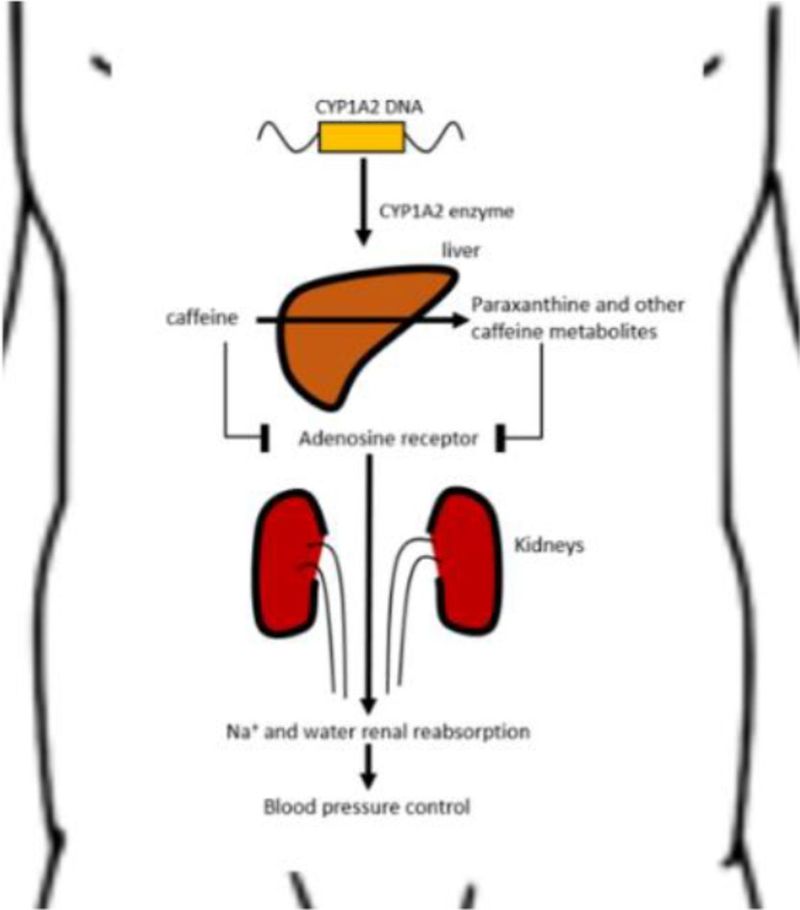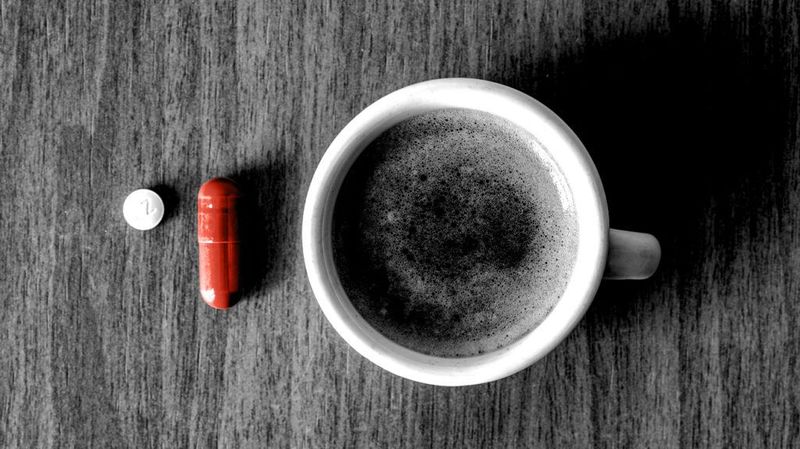Coffee, a beloved morning ritual for many, can have surprising effects on blood pressure. While it offers that much-needed caffeine boost, it’s essential to understand how it interacts with our body. Here’s a closer look at seven things that happen to your blood pressure when you drink coffee every day.
1. Immediate Spike in Blood Pressure

Upon taking that first sip of coffee, many experience an immediate uptick in blood pressure. This reaction is largely due to caffeine, a potent stimulant found in coffee. Caffeine can cause a temporary increase by tightening blood vessels and amplifying the effects of adrenaline.
Interestingly, not everyone responds to caffeine in the same way. Some might notice a significant rise, while others see no change at all. This immediate effect usually doesn’t last long, tapering off within a few hours.
For most, this is a transient phenomenon, but it’s crucial for those with hypertension to be cautious.
2. Tolerance Development Over Time

Frequent coffee drinkers might develop a tolerance to its blood pressure effects over time. This tolerance means their bodies become less responsive to caffeine’s stimulating effects. Consequently, the initial sharp rise in blood pressure diminishes.
For habitual coffee consumers, this adaptation can be beneficial, as it reduces the caffeine-induced pressure surge. However, it’s important to note that this tolerance is individual, varying from person to person.
Understanding one’s own tolerance level helps in managing coffee intake efficiently, ensuring it remains a pleasant part of the daily routine without adverse effects.
3. Potential Long-Term Increase

Consistently consuming coffee might lead to a slight long-term increase in blood pressure. This is particularly relevant for heavy coffee drinkers who consume multiple cups daily. While the immediate effects can wane, the cumulative impact should not be ignored.
Studies suggest a potential link between prolonged coffee consumption and sustained blood pressure elevation. However, the degree of influence varies widely.
For those with a predisposition to high blood pressure, monitoring intake becomes crucial. Balancing enjoyment with health is key to avoiding unwelcome surprises down the line.
4. Genetic Factors at Play

Genetics play a fascinating role in how coffee affects blood pressure. Some individuals possess genetic variants that make them more susceptible to caffeine’s effects. This can lead to more pronounced increases in blood pressure after coffee consumption.
Interestingly, genetic testing can offer insights into one’s sensitivity to caffeine, potentially guiding personal coffee habits.
For those with heightened sensitivity, moderation becomes particularly important. Embracing this knowledge allows for a more tailored approach to coffee enjoyment, making it a personalized experience rather than a uniform one.
5. Impact of Decaffeinated Options

Choosing decaffeinated coffee is a smart move for those concerned about blood pressure. Decaf options provide the rich flavor of coffee without the caffeine-induced pressure spike.
For many, switching to decaf alleviates concerns about blood pressure, making it a viable alternative. It’s especially beneficial for those already managing hypertension or who are sensitive to caffeine.
The world of decaf coffee is diverse, offering a range of flavors and intensities. Embracing decaf can mean savoring the coffee experience without the added worry of elevated blood pressure.
6. Role of Lifestyle and Diet

Lifestyle and dietary choices significantly influence coffee’s impact on blood pressure. A balanced diet with fruits, vegetables, and moderate coffee consumption can mitigate negative effects.
Combining coffee with a healthy lifestyle creates a harmonious balance. Regular exercise and a nutritious diet complement the occasional coffee, reducing potential blood pressure increases.
For those mindful of their heart health, integrating coffee into a well-rounded lifestyle ensures that it remains a delightful indulgence rather than a health concern.
7. Interactions with Medications

Coffee can interact with certain medications, influencing blood pressure outcomes. Medicines like beta-blockers or antidepressants may have enhanced effects when combined with caffeine.
For individuals on medication, it’s crucial to understand how coffee fits into their regimen. Consulting healthcare providers can offer clarity and prevent unwanted interactions.
Awareness of these interactions helps maintain control over blood pressure levels. Coffee remains an enjoyable part of life, but with a mindful approach to its consumption alongside medications.

